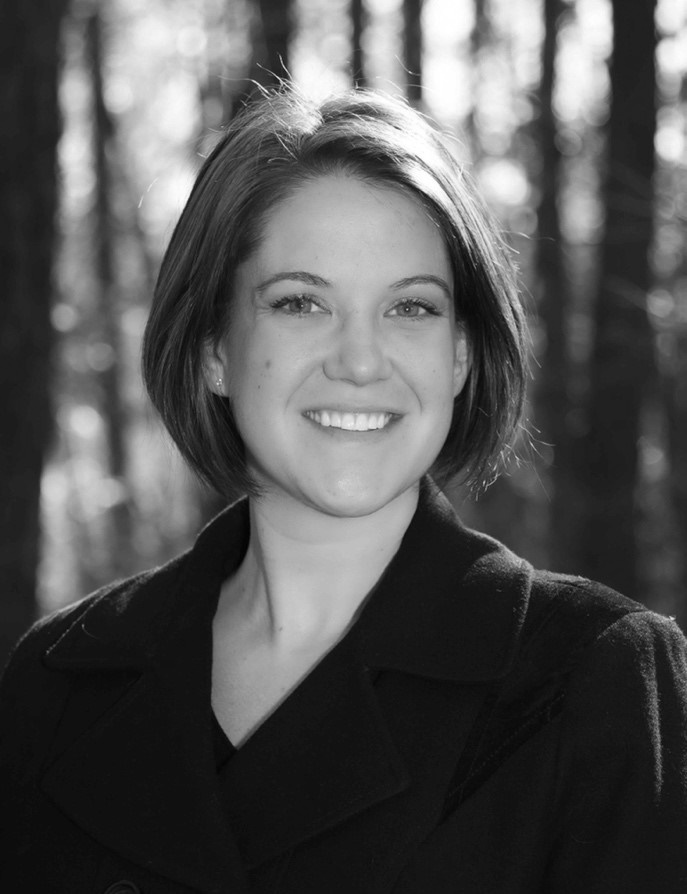
Intestinal Escherichia coli and colorectal cancer
Janelle Arthur is a microbiologist/immunologist who seeks to define mechanisms by which inflammation-associated alterations to the gut microbiota influence mammalian disease processes. Her laboratory investigates how the functional capabilities and molecular features of resident microbes impact mucosal colonization, inflammatory bowel diseases (IBD), and inflammation-associated pathologies including fibrosis and tumorigenesis. Dr. Arthur’s postdoctoral work revealed a pro-carcinogenic role for inflammation-associated intestinal E. coli that produce a small molecule termed Colibactin. Her current studies have revealed a novel role for intestinal E. coli siderophores (iron-binding small molecules) to promote inflammation-associated fibrosis, a significant complication in many IBD patients. Her lab performs basic and translational research combining microbiology, immunology, genomics, bioinformatics, and gnotobiotic mouse models to identify inflammatory, pro-carcinogenic, and pro-fibrotic resident bacteria and define mechanisms by which these bacteria promote disease. Ultimately this research will uncover novel microbial targets and enable us to manipulate the intestinal microbiota as a therapeutic target for many human digestive diseases.
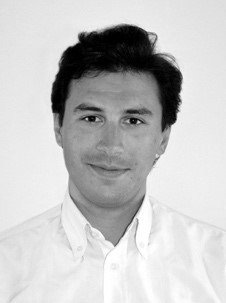
Francesco Boccellato Ludwig Institute for Cancer Research, University of Oxford, UK
Stem-cell driven models to understand epithelial response to infections and cancer initiation.
Francesco Boccellato studied at “Sapienza” University of Rome. Since he was a student he was interested in the impact of pathogens in causing cancer in humans. During his PhD in Rome he studied the role of the Epstein Barr virus (EBV) in deregulating microRNAs in diffuse large B cell lymphomas. After his PhD, Francesco moved to Berlin, at the Max Planck Institute for Infection Biology, were he started being interested in the causality of bacterial infection in human cancers. To study the impact of infection on healthy epithelial barriers Francesco invented a new cultivation systems for healthy epithelial cells called the mucosoids. The mucosoids are monolayer of polarised epithelial cells that recapitulate all the functions of an epithelial barrier in the body, including mucus production. Francesco has recently started his independent group in the University of Oxford (UK), at the Ludwig Institute for Cancer Research.
Link to lab
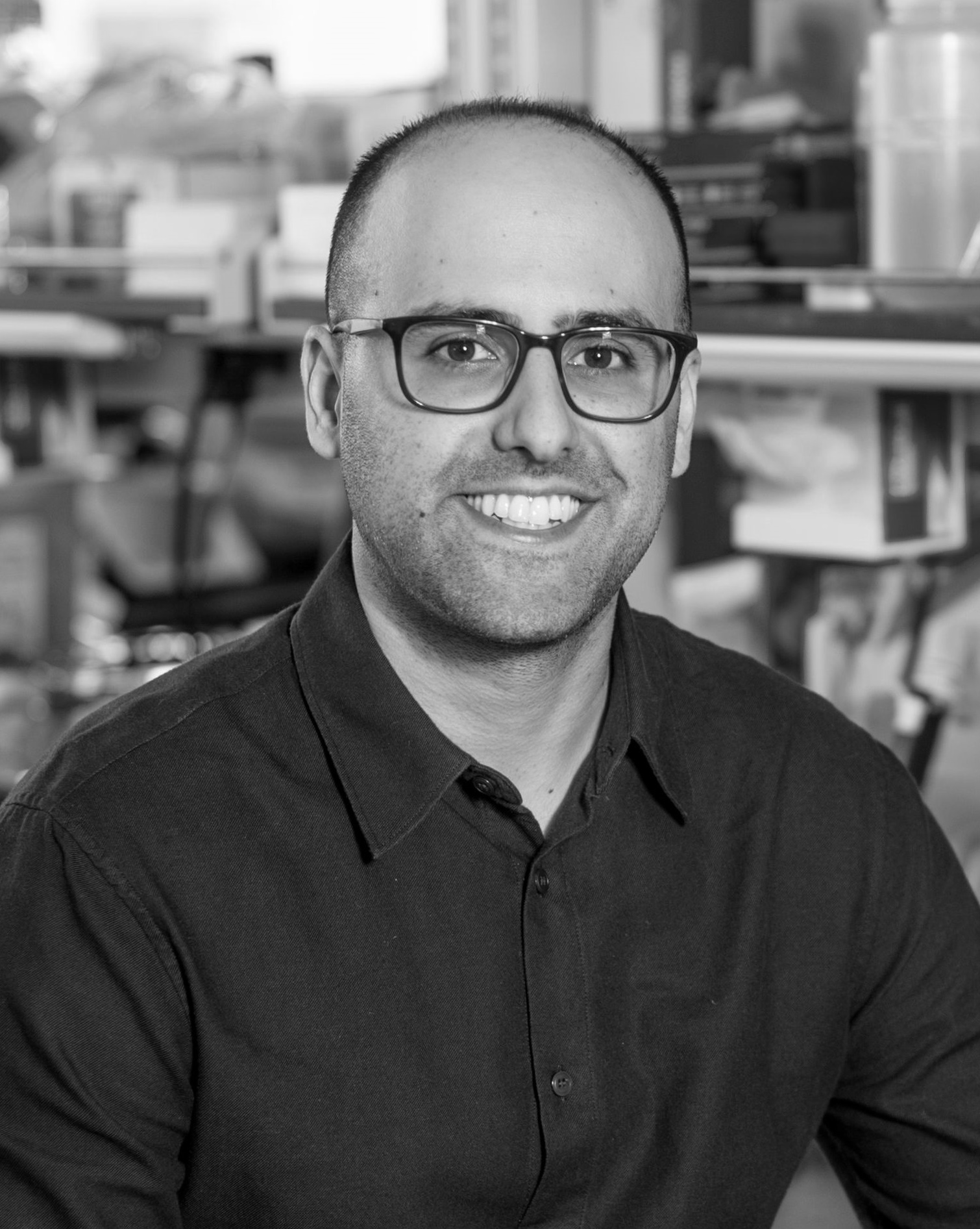
Synthetic biology: From engineered bacteria gene circuits to cancer therapy
Tal Danino is an Associate Professor in the Department of Biomedical Engineering at Columbia University. His lab focuses on engineering bacteria for biomedical applications, with a particular emphasis on developing bacteria as a cancer therapy. Originally from Los Angeles, Tal received a Ph.D. in Bioengineering from UCSD in Jeff Hasty's lab, and was a postdoctoral fellow at the Koch Institute for Integrative Cancer Research with Sangeeta Bhatia. He is the recipient of awards including the NSF CAREER Award, Era of Hope Scholar Award, CRI Lloyd J Old STARS Award, Pershing Prize, and is a TED Fellow. He directs the Synthetic Biological Systems Laboratory and is a member of the Herbert Irving Comprehensive Cancer Center and Data Science Institute.

Oncolytic adenoviruses in cancer therapy: where are we clinically?
Akseli Hemminki, MD, PhD, Professor of Oncology at University of Helsinki, has spent more than 20 years in the field of oncolytic immunotherapy, both in the US and Europe. He has been involved in a dozen clinical trials and pioneered patient-by-patient use of oncolytic virus therapies under the EU Advanced Therapy Directive. In 2008 Hemminki co-founded his first University spin-out company, Oncos Therapeutics Ltd (currently Targovax ASA, Norway), and in 2013 his second, TILT Biotherapeutics Ltd. Hemminki has published more than 300 peer-reviewed manuscripts on cancer research and oncolytic viruses, many of them in the best journals of the field. He has also filed dozens of patent applications. 400 cancer patients have been treated with oncolytic viruses designed by Hemminki.
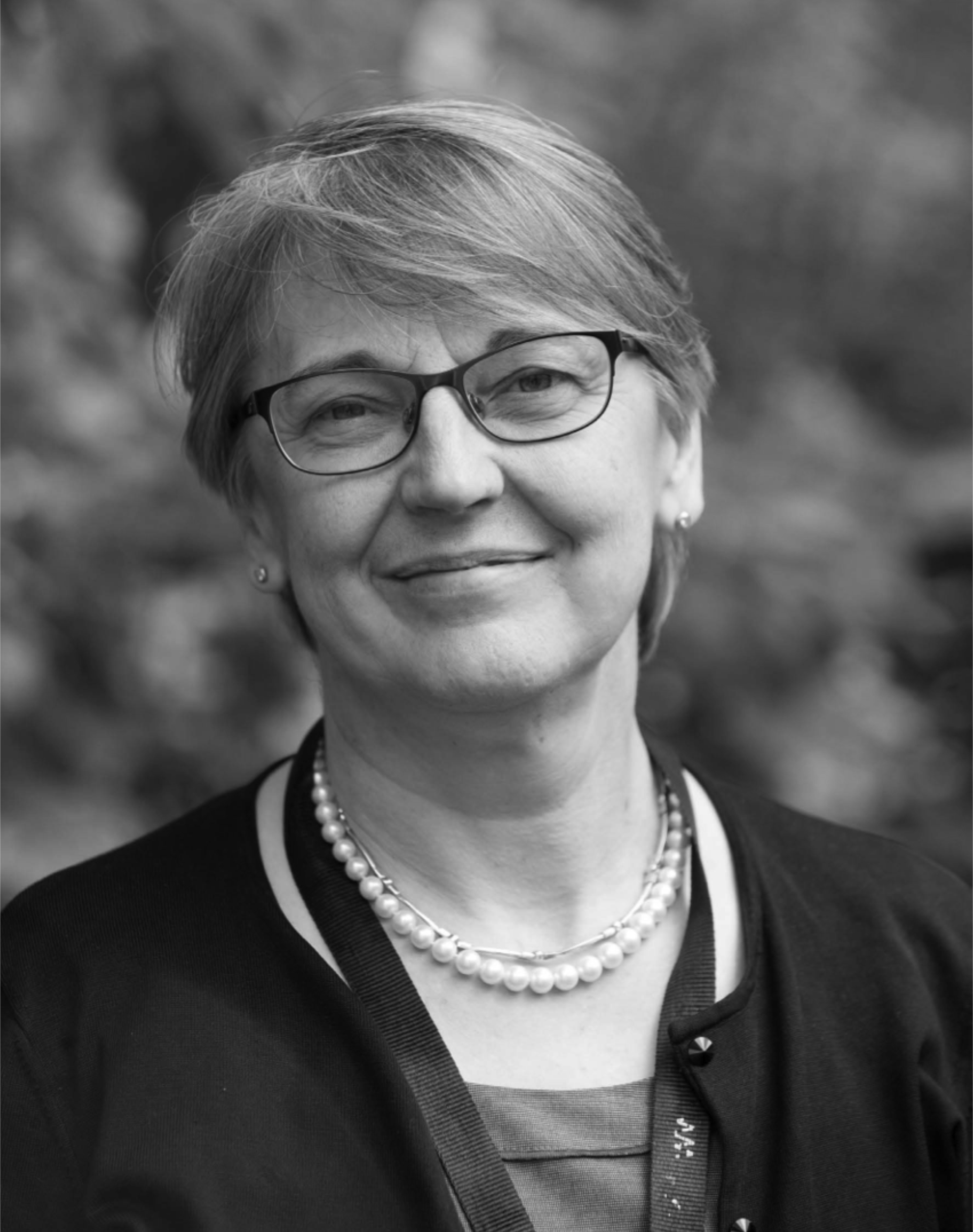
Strategies for host cell reprogramming during viral infections
Maria Grazia Masucci is Professor of Virology the Karolinska Institutet. She earned her MD (1977) and specialization in Oncology (1980) at the University of Ferrara (Italy) and her PhD in Tumor Biology at the Karolinska Institutet (1985). Her research aims to understand how tumor viruses remodel the infected cells to promote malignant transformation and how the host immune defenses respond to infection. Current studies focus on the perturbation of cell signaling and regulation of DNA damage responses in cells infected by oncogenic herpesviruses. Professor Masucci is a member of EMBO, of the Swedish Royal Academy of Sciences that awards the Nobel prizes in Chemistry and Physics and of the Nobel Assembly at Karolinska Institutet that awards the Nobel Prize in Physiology or Medicine.

The microbiota, immune response and molecular subtypes in human colorectal cancer
Richard Palmqvist is a medical doctor who has completed his studies at Umea University. He defended his thesis on cell proliferation in colorectal cancer in 1999. He was promoted to associate professor in 2003 and has been a professor of pathology at Umea University since 2011, in addition to working as a senior consultant in Gastropathology at Norrlands University Hospital in Umeå. He has been the chair of two Prioritizing committees at the Swedish Cancer Foundation. His research has been focused on colorectal cancer (CRC), and he has published several studies on molecular subtypes and immunological responses in CRC, as well as aspects of microbiota on both detection and relevance in colorectal tumors that have already developed.
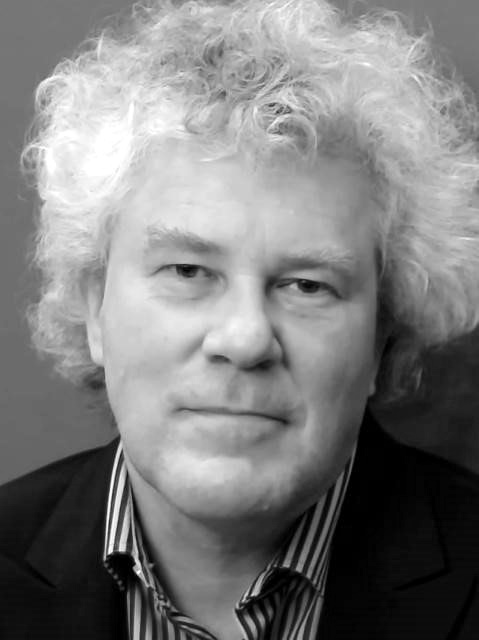
Control of human papillomavirus E6 and E7 oncogene expression at the level of RNA splicing
We are interested in the control of viral gene expression at the levels of RNA processing and by RNA binding proteins. In particular regulation of alternative RNA splicing in high-risk human papillomaviruses.
Link to lab